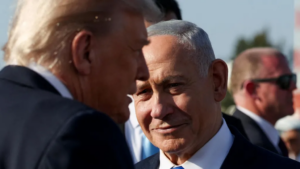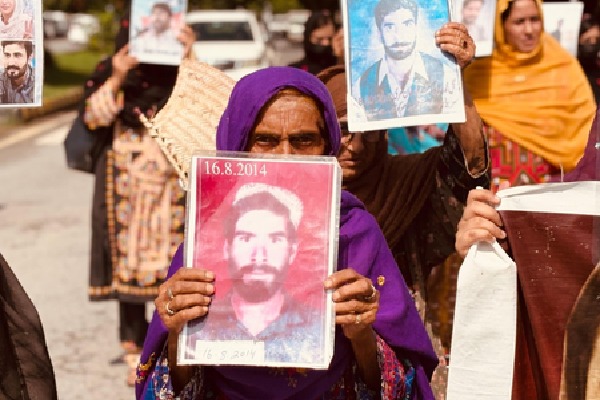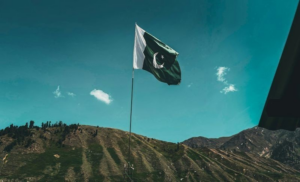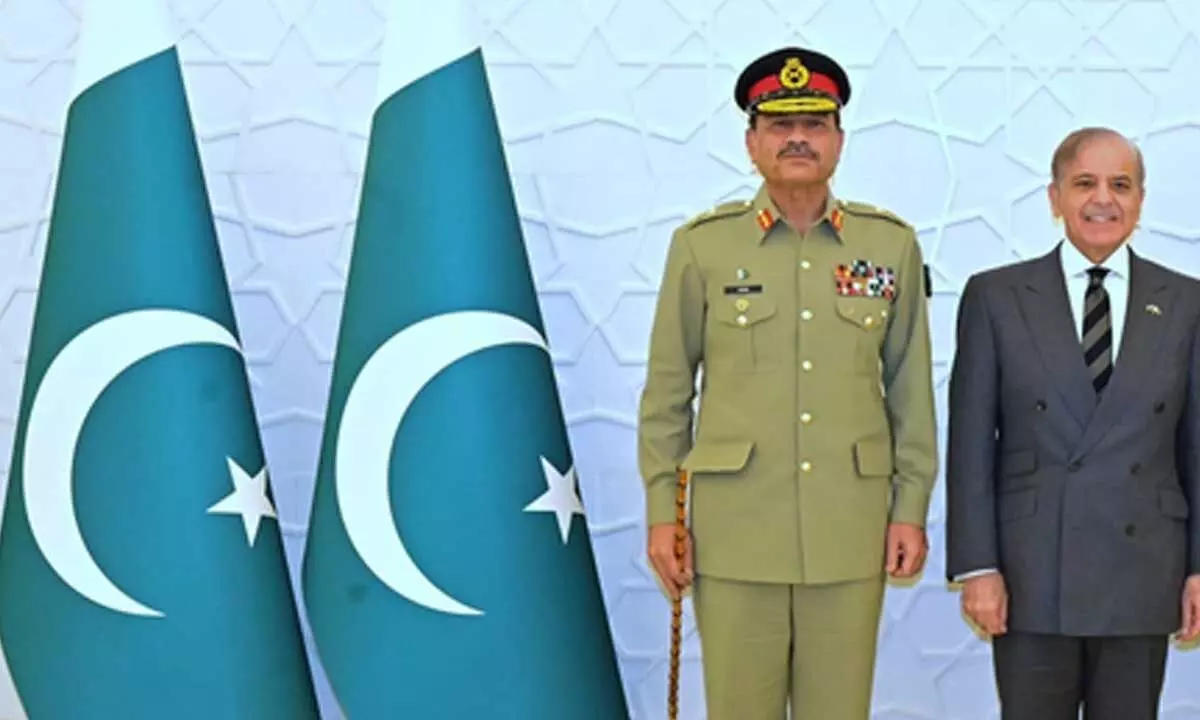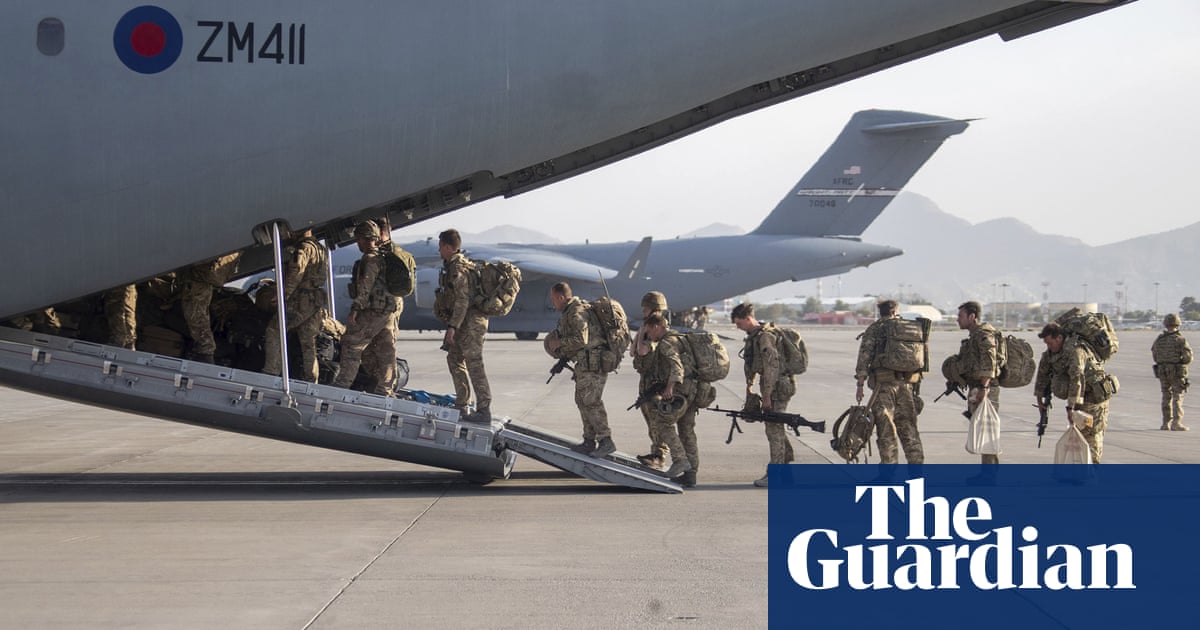
During an intense and often angry two-hour session in front of MPs, the foreign secretary, Dominic Raab, was peppered with questions that he either would not, could not, or did not have time to answer.
Here are five – and the best available answer.
How many people were left behind?
Raab would not say how many Britons, Afghans and others on evacuation lists were left behind, helped partly by rushed questioning from MPs who did not give the minister time to answer.
The foreign secretary said “most or all of the mono-national Britons” who wanted to get out had been evacuated, without giving any figures for dual nationals. He also pointed to Ministry of Defence estimates that about 1,000 former Afghan interpreters and their families had been left behind, although he could not quite remember them: “I defer to the defence secretary,” he said.
But Raab was not directly pressed as to how many names were put on the Foreign Office’s emergency special cases list of former Afghan government officials and civil rights activists considered eligible for asylum.
The exact number of cases that were never processed before the emergency airlift ended last month has been estimated by Labour MPs at 7,000. Another informal estimate is 9,000. But the true figure is unknown.
Dominic Raab: UK intelligence said Kabul not likely to fall in 2021 – video
When did he go on holiday to Crete?
Raab was pressed repeatedly by Stewart McDonald, a Scottish National party MP, to say when he left the UK to go on holiday to a luxury hotel in Crete as the situation in Afghanistan rapidly deteriorated. The minister stayed there until after Kabul fell, returning at 1.40am on 16 August, and Raab had told MPs he “would not have gone away, with the benefit of hindsight”.
As for his arrival date, the foreign secretary simply refused to answer, describing McDonald’s questioning as “pretty partisan” and said he was “at all material times” contactable.
Having failed to get an answer, McDonald said all military leave had been cancelled on 23 July and wondered if it was “a bad idea for yourself, the prime minister and several other officials in the FCDO, the Home Office and the MoD to take breaks at that time”.
Press reports have said Raab left the UK on 6 August.
When did he last talk to UK ambassadors in the region?
Raab was also asked by McDonald when he had last spoken to British ambassadors in the region. The foreign secretary dodged questions from the Scottish politician, and argued he did not necessarily need to speak to senior diplomats.
“The advice of ambassadors is often distilled down so we have a single complete holistic view. We get telegrams in, we assess them very carefully, I don’t need to pick up the phone to get an assessment from the ground,” Raab said.
Raab has faced accusations that he did not speak to ambassadors in countries such as Pakistan and Uzbekistan in the run-up to the crisis, although a record of relevant calls and meetings is not in the public domain. The under-fire minister promised the committee he would provide a timeline of his activities.
Were people wrongly told to go to Kabul airport?
The foreign secretary promised he would investigate a serious allegation that British officials told Afghans to proceed to the airport’s Abbey gate on Thursday last week, despite a specific warning that Islamic State Khorasan Province (ISKP) was preparing a terror attack that day.
Nearly 200 people were killed in a double bombing at and near the gate used for the British evacuation – but BBC’s Newsnight has reported that Afghans were sent emails earlier that day asking, in one case, if they were “at the correct gate? Abbey gate”.
Raab said the UK had changed its travel advice at 10pm the night before, advising people not to go Kabul airport and that British diplomats were relocated for their security. But he did not know whether emails advising some Afghans to go the gate were nevertheless sent.
“I saw that report from Newsnight about the emails saying go to Abbey gate – I need to investigate it,” he said.
What happened to the portrait of the Queen?
The most surreal moment came when Raab was asked whether the British embassy’s portrait of the Queen had been left behind – or even captured by the Taliban.
“Was not the portrait of Her Majesty left in the British embassy?” asked Labour’s Neil Coyle.
The foreign secretary said he thought the picture – a feature of British government offices – had been destroyed, which would be the normal procedure for the emergency closure of an embassy.
But Tom Tugendhat, the committee chair, thought it had been left behind and photographed in a recent report in the Times after one of newspaper’s reporters visited the abandoned embassy.
Raab was surprised by this, but it turned out the claim was not correct. The Times report, from last week, does not feature a picture of a portrait of the head of state, but instead a promise from the Taliban to safeguard it from looters if it were to be found.


